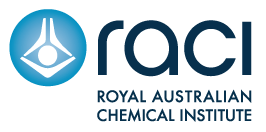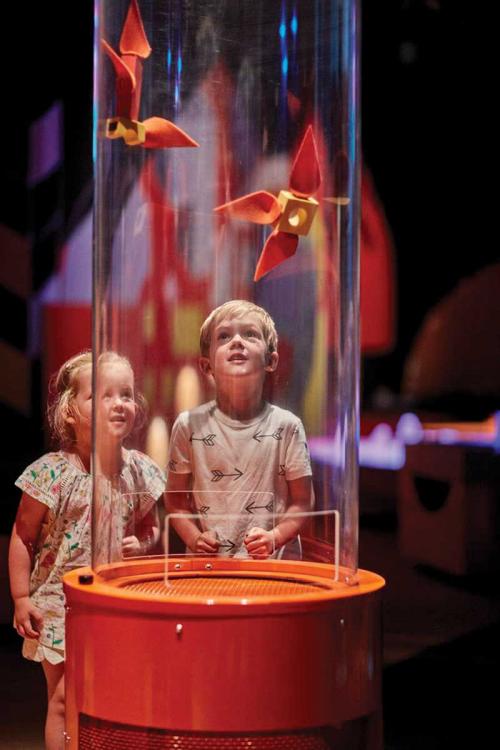Ground Up: Building Big Ideas, Together – a screen-free space where future innovators can develop foundational science, engineering and coding skills – is now open.
Part of a $6 million milestone gallery redevelopment at Scienceworks, Victoria, Ground Up is a new permanent exhibition created to immerse children in an imaginative world of sensory discovery and construction-play and ignite engagement with science, technology, engineering and maths (STEM).
Building on the early childhood ‘learn through play’ standard set by the Pauline Gandel Children’s Gallery at Melbourne Museum, it is part of a suite of new experiences being developed at Scienceworks. Each is aimed at engaging and preparing the next generation for a future in which an increasing number of jobs will rely on STEM skills of problem solving, hypothesising, experimenting and investigating.
Research shows girls as young as four already have a gender bias in thinking about future careers, with girls less likely to want to aspire to science and technology-based careers. So while the exhibition welcomes both boys and girls, a key part of its development was trying to combat this trend and ensure that the space made science accessible to girls.
To combat this, Ground Up has placed emphasis on collaboration, used gender-neutral colours and has a female ambassador Dot – who will pop up throughout the space.
Lynley Marshall, CEO, Museums Victoria, said Ground Up is a cutting-edge fusion of early learning education and design: ‘Ground Up: Building Big Ideas, Together is the first of a suite of new initiatives at Scienceworks aimed at igniting a passion for science, technology, engineering and maths in young Victorians. Children are innate problem solvers, so we’re thrilled to be opening a space that will encourage and build foundational STEM skills from such an early age.’
So what will children experience in the new gallery?
Upon entry, young children and adults will encounter a space that is entirely screen-free. In a world where more and more ‘technology’ means ‘digital’, this space will allow children to build foundational skills in engineering and coding using simple machines and real materials, rather than devices or touch screens.
They will be greeted by a seven-metre tall Kinetic Sculpture that introduces the concept of working machines.
By testing and tinkering, this is a space with open-ended and instruction-free experiences that encourage the development of problem-solving skills (not rote learning), emphasising that there is no one ‘right’ way of doing something.
Ground Up is divided into three broad age and activity zones, each of which develop skills and provide experiences designed for targeted stages of development.
- Baby Landscape: enclosed with a rolling mount to create a safe area for babies and crawlers, it features nooks and mounds for climbing, a moving overhead light display and spinners to enable our youngest scientists to investigate how different materials move.
- Tinkering Zone: for toddlers to three year olds to engage in open-ended activities that encourage them to experiment and test their ideas.
- Collaborative Zone: designed for 3–5 year olds, is an active, physical space where children use communication and social skills to solve problems and achieve goals.
The new gallery has been created with close community and sector consultation. For two years, Museums Victoria collaborated with more than 5000 children and adults, including early childhood education specialists, additional needs experts, teachers and visitors to Little Kids Day In events at Scienceworks.
Ground Up: Building Big Ideas, Together will be part of Museums Victoria’s autism-friendly museum project, with social stories available online in early 2018.



